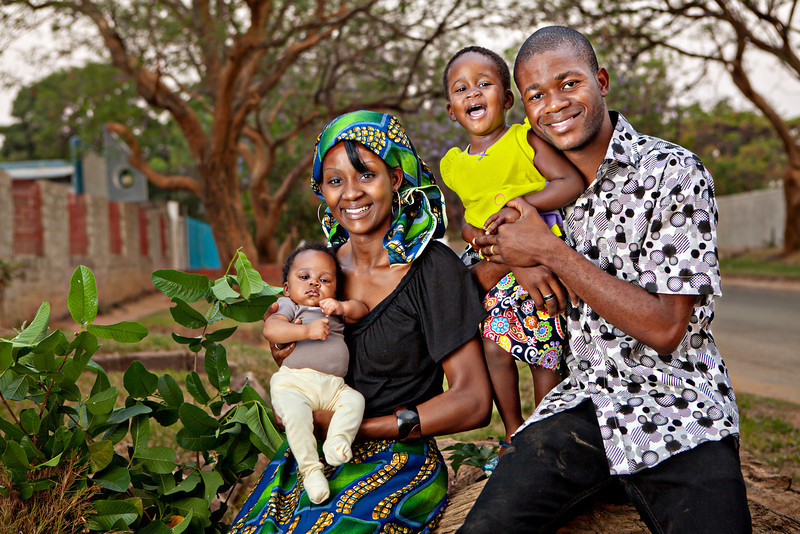United Nations | Geneva
2015
Building on the 2014 Protection of the Family resolution, the UN Human Rights Council in Geneva voted by more than a 2-to-1 margin to adopt another landmark resolution calling for the protection of the family! This vote count was 29 in favor, 14 against, and 4 abstentions. Click here to read the resolution.
This resolution is by far the strongest and most comprehensive pro-family UN document ever, and pro-family UN delegations worked hard to achieve this in the face of great opposition.
The formal title of the resolution is “Protection of the family: contribution of the family to the realization of the right to an adequate standard of living for its members, particularly through its role in poverty eradication and achieving sustainable development.” (A/HRC/29/L.25)
Among other wonderful provisions, the resolution strongly reaffirms the family as the natural and fundamental group unit of society and calls on governments to both implement family-sensitive policies and to take steps to address threats to the family.
The UN Family Rights Caucus played a critical supporting role in the negotiations. Following the adoption of the resolution, we urged our members to sign on to two letters: one thanking the nations that voted in favor of it, and another to the nations that voted against it or abstained from the vote.
Annie Franklin, spokesperson for the UN Family Rights Caucus, reported, “This is a major victory for the pro-family movement and for families worldwide. Along with reaffirming parental rights and calling for other important pro-family actions, it also recognizes the important role of the family in fighting poverty, promoting sustainable development, and nurturing children.”
Key UN Family Protection Resolution Provisions:
“. . . the family has the primary responsibility for the nurturing and protection of children” and that “the family plays a crucial role in the preservation of cultural identity, traditions, morals, heritage and value system of the society.”
“. . . parents have a prior right to choose the kind of education that shall be given to their children and have the primary responsibility for the upbringing and development of the child . . . ”
“. . . maternity, motherhood, parenting and the role of women in procreation must not be a basis for discrimination . . . .”
“Recognizes the positive impact that policies and measures to protect the family can have on protecting and promoting the human rights of its members and can contribute, inter alia, to decreasing dropout rates from educational institutions, achieving equality between women and men and girls and boys, empowering women and girls, and enhancing the protection against violence, abuses, sexual exploitation . . ."
Urges States to:
create “family friendly-policies to support the family and assess such policies and programmes for their impact on family well-being . . .”
implement, and promote “family-sensitive policies in the field of housing, work, health, social security and education in order to create an environment supportive of the family . . .”
“reinforce the role of grandparents in raising grand children . . . ”
address the “causes and mitigating the consequences of family disintegration . . . ”
grant “assistance to families in difficult life situations . . . ”
Recognizes the family “. . . as a contributor to sustainable development” and "encourages States to give due consideration to the role and status of the family in the context of the ongoing negotiations of the post-2015 development agenda, and invites States to consider mainstreaming the promotion of family-oriented policies as a cross cutting issue in the proposed goals and targets of the post-2015 agenda.”
Reminds states of their “obligations under relevant provisions of international human rights law to provide protection and support to the family . . .”
This is a tremendous victory for the family and represents the first major fruits of the work of a new, growing and vigorous coalition of governments at the UN which are deeply concerned about the worldwide disintegration of the family.
Click here to see the official report on the resolution from the Office of the High Commissioner for Human Rights and to read the statement jointly submitted by the UN Family Rights Caucus and Global Helping to Advance Women and Children.



